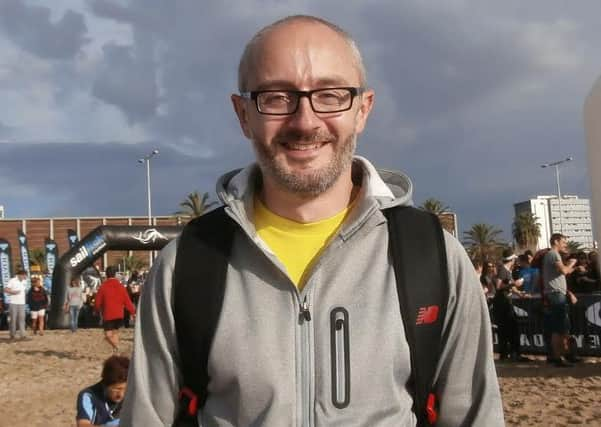John Feeney’s marathon training tips - week six


Each week we will be bringing you the training diary of endurance sport specialist John Feeney.
He is writing a weekly schedule on topics covering everything from running physiology and training to choosing the right footwear, recovery and tapering.
Advertisement
Hide AdAdvertisement
Hide AdFor week five, Feeney writes: Mass participation events like the Brighton Marathon are a fantastic opportunity for recreational runners to compete on the same stage as elite athletes.
They are often seen as good levellers because everyone taking part shares the prospect of hitting the wall at some stage in the race.
It’s the big elephant on the start line that no one wants to talk about.
The way in which we cope tends to separate elite athletes from the rest of the field.
Advertisement
Hide AdAdvertisement
Hide AdFrom a physiological perspective, hitting the wall occurs because your body’s stores of carbohydrate are unable to provide the energy required to maintain the current pace.
This is due to muscle glycogen depletion and low levels of blood glucose.
A reduction in running pace is likely as your body sources energy from the oxidation of fat, blood glucose and lactate. It’s therefore important to eat sufficient carbohydrates before race day.
However, even if you’ve done a good job of carb-loading leading up to the marathon you’ll still only have 2,000 calories worth of glycogen stored in your muscles and liver.
Advertisement
Hide AdAdvertisement
Hide AdMake sure you keep an eye on your race pace because setting off too quickly will accelerate the depletion of muscle glycogen.
Stick to your plan and run your own race. Taking carbohydrates during the marathon will help delay fatigue as the glucose from these products appears in the blood and helps maintain the rate of carbohydrate oxidation.
It may also help prevent the increase of serotonin in the brain which has been linked to feelings of fatigue and de-motivation.
Finally, concentration may also help you cope with hitting the wall - during the toughest moments in a marathon, Paula Radcliffe reportedly counted from one to 100 to help her ward off negative thoughts and to keep her in the moment.